V Twin |
Post Reply 
|
Page <1 121122123124125 142> |
| Author | ||
pondmonkey 
Really should get out more 

Joined: 12 Aug 11 Online Status: Offline Posts: 2202 |
 Post Options Post Options
 Quote Quote  Reply Reply
 Topic: V Twin Topic: V TwinPosted: 25 May 12 at 12:28pm |
|
Fair points- but the weight game for elite sporting products has changed since Torbole. I guess I'm saying the 49er hull seems to have stood the test of time- relative to the pace of technology-change in other aspects of our lives. And agreed, waterline length is not only crucial for speed, but also stability; which relatively inexperienced skiff sailors would find 'quicker' around a course.
|
||
 |
||
Ruscoe 
Really should get out more 
Joined: 12 Jan 10 Online Status: Offline Posts: 1514 |
 Post Options Post Options
 Quote Quote  Reply Reply
 Posted: 25 May 12 at 12:29pm Posted: 25 May 12 at 12:29pm |
|
|
I happen to agree about weight, Whilst there are some classes I believe would benefit from substantial weight loss (contender) I think a bit of weight helps with a boats "idle" characteristics. I like a boat to be slightly less full on in between races, I like to be able to have a bit of control whilst launching and dumping my trolley. Whilst a light boat accelerates quickly I guess it does not hold its momentum in the lulls as well. Not to mention, a higher minimum weight (as a general rule) should help with longevity. As an example, I am not sure a 49er would be any quicker if it was massively lighter. I should imagine it would be one hell of a handful and would possibly spoil some of the class characteristics. |
||
|
|
||
 |
||
mongrel 
Far too distracted from work 
Joined: 27 Aug 08 Online Status: Offline Posts: 304 |
 Post Options Post Options
 Quote Quote  Reply Reply
 Posted: 25 May 12 at 12:48pm Posted: 25 May 12 at 12:48pm |
|
So you think a Contender would benefit from a substantial weight loss, but you don't think a 49er would because it would be a handful? Do you not think a Contender would be a hell of a handful after a substantial weight loss? What constitutes a substantial weight loss?
|
||
 |
||
robinft 
Far too distracted from work 
Joined: 18 Jun 04 Location: Thorpe Bay YC Online Status: Offline Posts: 252 |
 Post Options Post Options
 Quote Quote  Reply Reply
 Posted: 25 May 12 at 12:51pm Posted: 25 May 12 at 12:51pm |
|
|
An RS600 is a Contender on weight loss and steroids. I much prefer the Contender, it's a proper boat.
|
||
|
Laser number 9
|
||
 |
||
Rupert 
Really should get out more 
Joined: 11 Aug 04 Location: Whitefriars sc Online Status: Offline Posts: 8956 |
 Post Options Post Options
 Quote Quote  Reply Reply
 Posted: 25 May 12 at 12:55pm Posted: 25 May 12 at 12:55pm |
|
|
I'm sure the Contender could take 10kgs off without any trouble, as most newer ones carry that much in lead, now, but what exactly would they gain? The (very small) speed increase wouldn't attract anyone else to the class, I'd think, apart from GRF? The class is all about fleet racing. People wanting to go faster presumably either by an MPS, a windsurfer or a Cat?
|
||
|
Firefly 2324, Puffin 229, Minisail 3446 Mirror 70686
|
||
 |
||
RS400atC 
Really should get out more 
Joined: 04 Dec 08 Online Status: Offline Posts: 3011 |
 Post Options Post Options
 Quote Quote  Reply Reply
 Posted: 25 May 12 at 1:16pm Posted: 25 May 12 at 1:16pm |
|
How much direct evidence does it take? The 49er's drag has been measured at various all-up weights, proving that more weight= more drag at all speeds. The performance of the 49er Fx recently shows that weight is not the only issue, quality of design, aerodynamic drag, and waterline length are all important factors too. Regarding the ease of handling and stability, hull weight will usually improve static stability, but once the boat is moving, the hydrodynamics of the hull and foils are far more significant. Even a fairly traditional boat like the RS400 is far tippier when it's not moving. Of course if we were designing the 400 today, a lighter carbon rig would help static stability as well as speed through waves. |
||
 |
||
mongrel 
Far too distracted from work 
Joined: 27 Aug 08 Online Status: Offline Posts: 304 |
 Post Options Post Options
 Quote Quote  Reply Reply
 Posted: 25 May 12 at 1:18pm Posted: 25 May 12 at 1:18pm |
|
Max correctors is 6kg, but I agree you could take 10kg off, but I don't think there would be any benefit. You would make the boats harder to build, more expensive to build, weaker, ruin longevity, and obsolete hundreds of boats world wide. It may go marginally faster in a straight line, but would be harder to tack in breeze and less stable. I think the only realistic way of introducing weight reductions in established classes is to first implement "an all up weight" rule. For owners with heavier hulls they can make weight savings from foils, rig, rigging, fittings etc. which would enable them to still achieve minimum weight.
Edited by mongrel - 25 May 12 at 1:19pm |
||
 |
||
RS400atC 
Really should get out more 
Joined: 04 Dec 08 Online Status: Offline Posts: 3011 |
 Post Options Post Options
 Quote Quote  Reply Reply
 Posted: 25 May 12 at 1:29pm Posted: 25 May 12 at 1:29pm |
|
|
Completely agree that very few one design classes would do well by reducing the minimum weight. That is a separate question from designing a new class, remember this is the Dinghy Development forum, not the One Design fan club.
Edited by RS400atC - 25 May 12 at 1:30pm |
||
 |
||
Daniel Holman 
Really should get out more 
Joined: 17 Nov 08 Online Status: Offline Posts: 997 |
 Post Options Post Options
 Quote Quote  Reply Reply
 Posted: 25 May 12 at 1:30pm Posted: 25 May 12 at 1:30pm |
|
|
Waterline length is king in dinghies until doing upwards of about 15kts boatspeed. Most dinghies never reach this.
I have not trawled the stats but the standard 9er is over 9ft wide - that is a colossal amount of RM, and any less than that on the other boats would mean giving away a lot of horsepower. The 49er isn't a cleverer or more modern design than most of what was at the trials, it is just a long boat with stacks of RM, facilitated by having solid racks to get side to side. With tube racks you'd need a tramp of some sorts to bridge that gap. Whoever said that a 49er wouldn't go faster with less weight is mislead. Displacement is a massive factor on boats operating in the semi planing and planing regimes. Resistance is pretty much proportional to total displacement. A large part of that is made up by the crew, so it is diminishging returns - bit like a race car engine - but still a very big deal. Weight loss may make it a little bit more of a pain when pootling between races, but I suspect not a lot - that has more to do with the nature of the boat and the rig. |
||
 |
||
Guests 
Guest Group 
|
 Post Options Post Options
 Quote Quote  Reply Reply
 Posted: 25 May 12 at 1:40pm Posted: 25 May 12 at 1:40pm |
|
|
Less weight = less submerged boat = faster, but...
You can not just remove weight from an existing design and expect it to be better. The boat will float higher and therefore be on a narrower waterline. The centre of gravity will rise too (as you are losing the weight from low down). Both of these effects will reduce the initial stability of the boat, resulting in more and faster crew movement, and more playing of the sheets to keep the boat flat flat. Initial stability has a similar effect to a gust responsive rig - it dampens forces and automates what otherwise takes a lot of skill and fitness to achieve manually. So less weight is generally faster in steady stae conditions, but not necessarily so in more dynmaic, transient conditions. A light boat should be designed to be light in the first place, rather than simply removing weight from a heavy hull. |
||
 |
||
Post Reply 
|
Page <1 121122123124125 142> |
| Forum Jump | Forum Permissions  You cannot post new topics in this forum You cannot reply to topics in this forum You cannot delete your posts in this forum You cannot edit your posts in this forum You cannot create polls in this forum You cannot vote in polls in this forum |
Copyright ©2001-2010 Web Wiz
Change your personal settings, or read our privacy policy




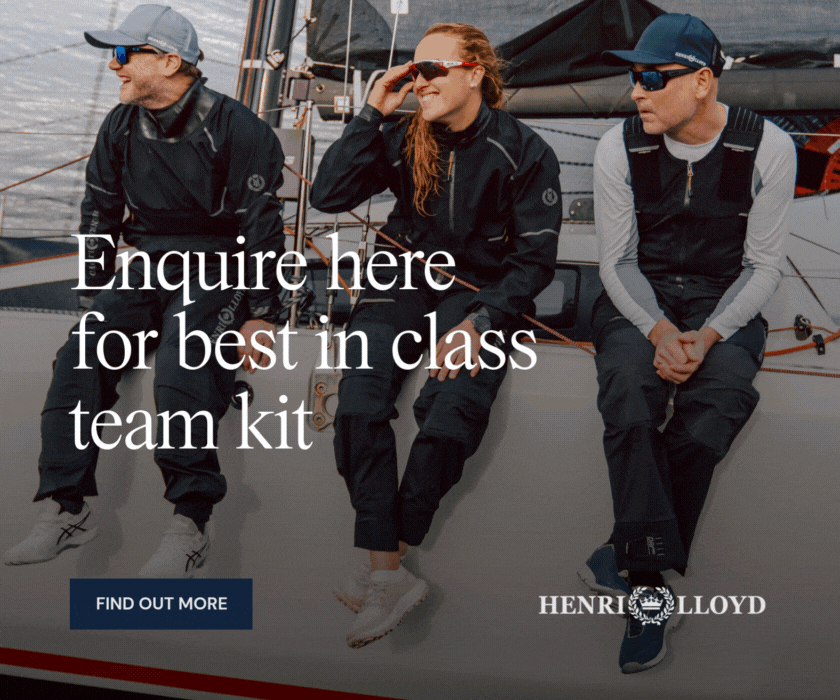
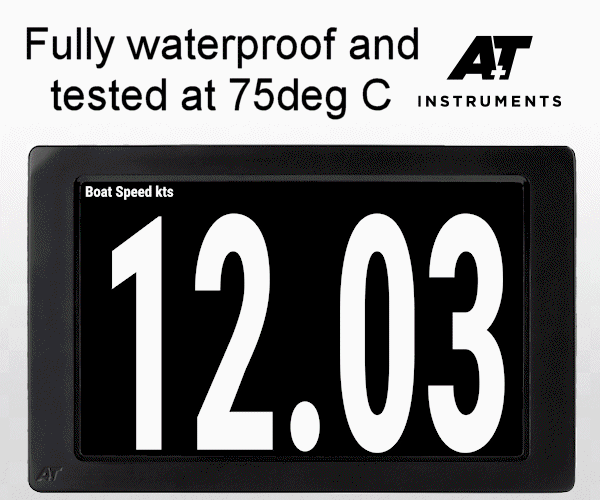

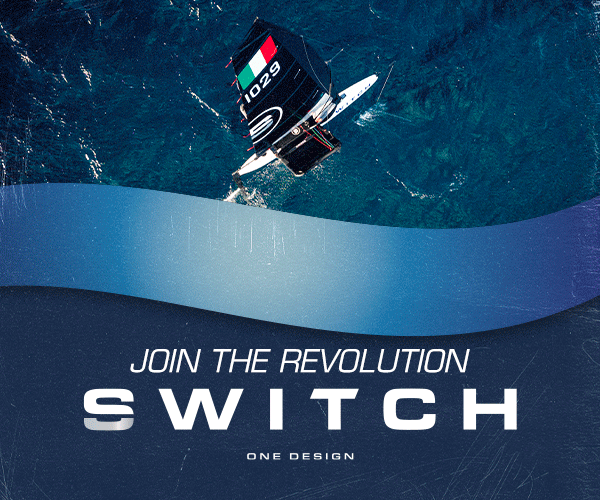
-(1)-202408140552.gif)
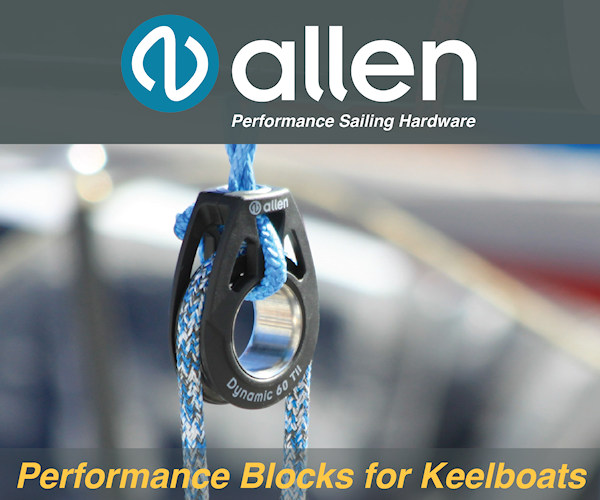
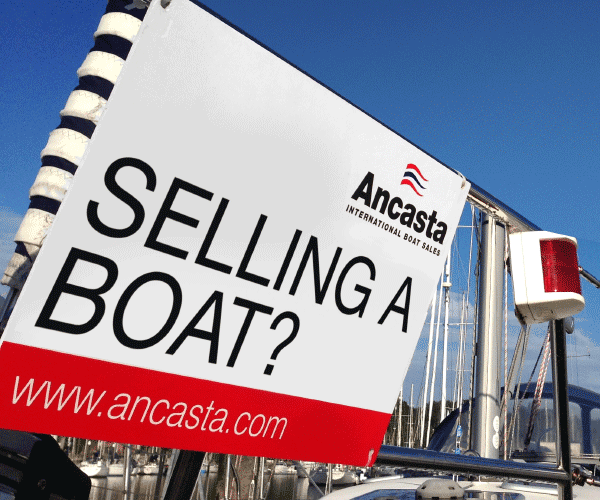
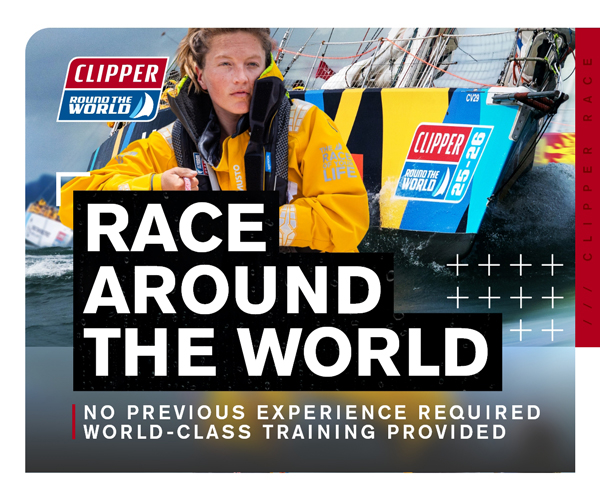
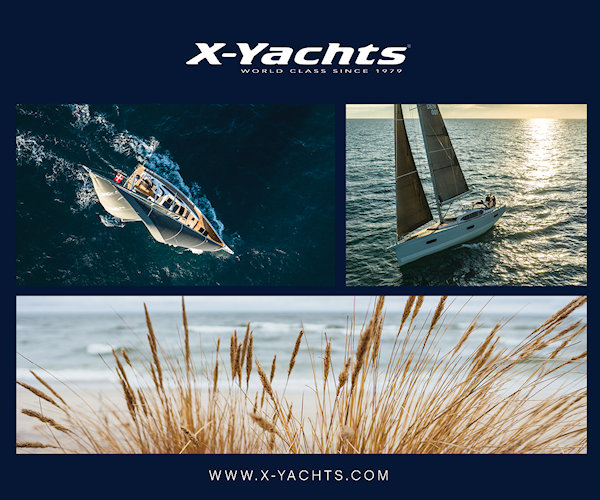

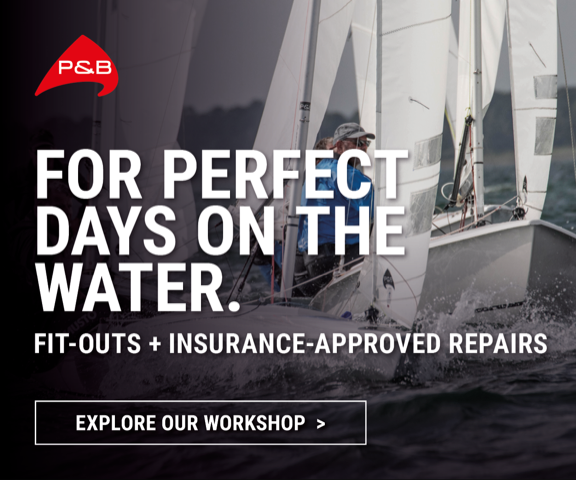
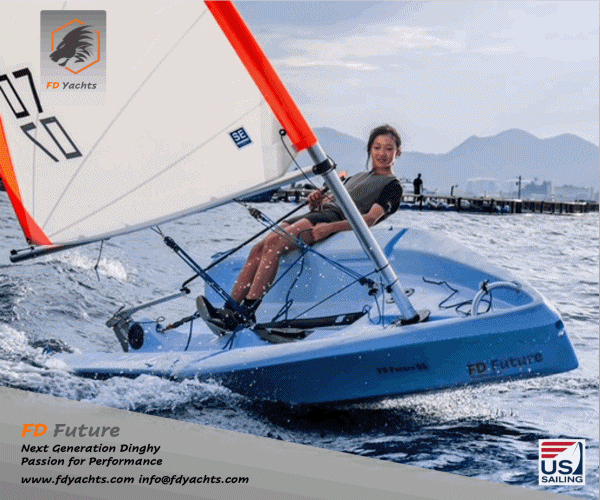

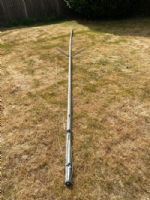







 Printable Version
Printable Version Delicious
Delicious Digg
Digg Facebook
Facebook Furl
Furl Google
Google MySpace
MySpace Newsvine
Newsvine reddit
reddit StumbleUpon
StumbleUpon Twitter
Twitter Windows Live
Windows Live Yahoo Bookmarks
Yahoo Bookmarks Topic Options
Topic Options